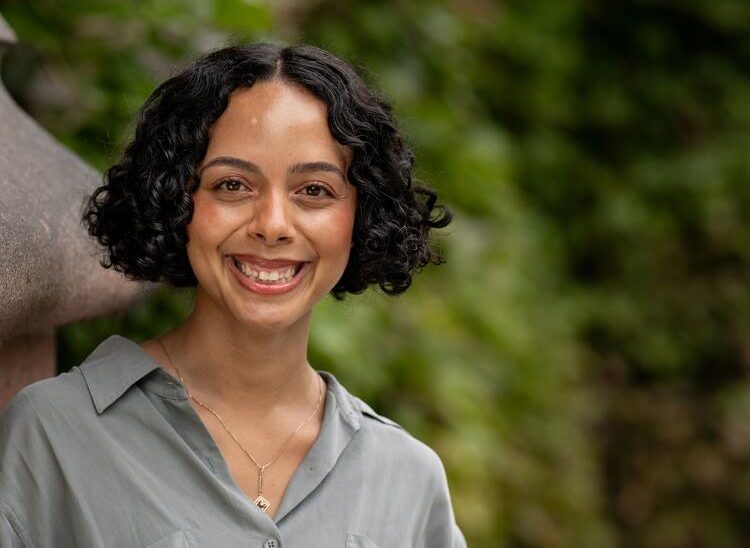Kelsey Henry is an interdisciplinary historian whose work integrates perspectives from Black studies, histories of science and medicine, and disability studies. Her research asks how the conflation of Blackness and developmental disorder became integral to the language and logic of antiblack racism in the United States. She examines the role that medical and behavioral science has played in authorizing this conflation.
Her first book project, “Racing the Life Course: Black Histories of Child Development Science, 1830s – 1980s,” offers a history of “developmental disability” as a racial category. The project demonstrates how the coupling of whiteness and developmental normality and Blackness and developmental abnormality in U.S. child development science alienated Black children from normative age markers, regardless of their formal disability status. Routed through child study records, professional correspondences, parenting literature, and oral histories, “Racing the Life Course” follows nineteenth-century scientific metrics of child development and human difference – metrics forged in the crucible of chattel slavery – and their legacies in twentieth-century developmental psychology and child psychiatry. Ultimately, this project argues that scientific theories of Black developmental disorder have a social life and hold political currency, functioning as a powerful obstacle to Black liberation in a country where able-bodied adulthood is a precondition for full human recognition. Despite this, the work also examines the complex motivations of Black child development scientists who sought to reform the field to advance racially liberatory aims.
Henry holds a Ph.D. in American Studies and an M.A. in the History of Science and Medicine from Yale University, where she also earned a certificate in Women’s, Gender, and Sexuality Studies. Her research has received support from the Ford Foundation Predoctoral Fellowship, the Consortium for the History of Science, Technology, and Medicine Research Fellowship, and the Charlotte W. Newcombe Doctoral Dissertation Fellowship. Her writing is featured or forthcoming in The Point, Gender & History, Disability Studies Quarterly, and The Routledge History of Disability in America (2026). She also co-hosts the Disability History Association Podcast with fellow disability historian Emma Wathen. At Princeton, she will teach courses that explore race, gender, dis/ability, and age as mutable categories that are intimately mediated by science, medicine, and technology.
















